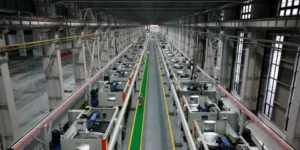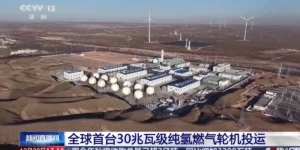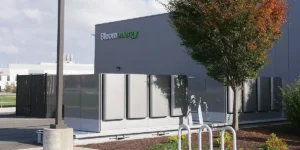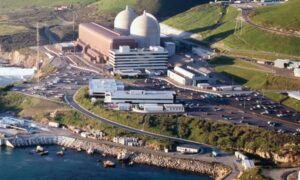‘Decision made’ | Germany retains focus on hydrogen-ready gas plants amid calls to subsidise carbon capture and storage
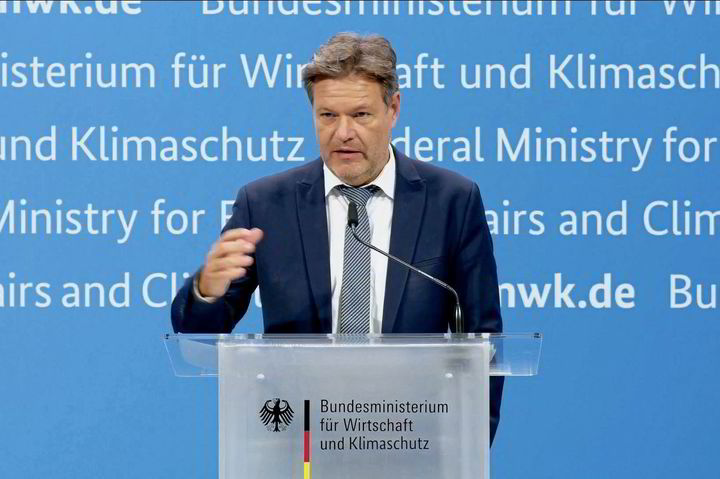
The German government has resisted calls to divert some of the subsidies intended to fund a build-out of new “hydrogen-ready” gas plants towards carbon capture and storage (CCS), arguing that CCS would be too expensive.
Robert Habeck, the German vice-chancellor and minister for economic affairs and climate action, has promised €7.55bn ($8.17bn) in state cash to help build new gas-fired power plants to replace the country’s coal-fired power stations.
Proposals currently being considered by the parliamentary budget committee envisage at least 15GW of the total 23.8GW tendered being hydrogen-ready, and running fully on H2 by 2035.
But under pressure from energy incumbents who are keen to install CCS and keep gas infrastructure in operation, as well as from a recent court decision that denied the current coalition government permission to spend €60bn of unused Covid recovery funds on climate goals, officials have been considering whether to allow CCS instead.
However, according to Montel, Habeck told a conference in Berlin yesterday (Tuesday) that the government has no intention of funding CCS infrastructure as part of the power plant build-out.
“The decision has been made that we will say the method of choice is to build hydrogen,” he said, explaining that the cost of maintaining infrastructure for both hydrogen and captured carbon would be too high.
Article continues below the advert
“I have no problem with it, but if we build and promote a double infrastructure, then you will rightly ask me, what now?” he added.
The budget committee is due to make a decision on whether to approve the funding for the power plant plan in the coming days. The proposals were originally set to be funded by the €60bn unused Covid recovery pot, until the constitutional court ruled it out in November, so funding from elsewhere needs to be approved.
In fact, Germany’s long-held public and political opposition to CCS — which has seen carbon storage effectively banned since 2012 — has been wavering for some time, starting with the previous administration, which left office in 2021.
Last year, Habeck, who is a member of the Green Party — historically opposed to CCS — agreed to explore the possibility of a carbon pipeline between Germany and Norway, with CO2 captured in Germany geologically sequestered in Norway.
Most public objections in Germany centre around the storage of carbon, on the grounds that it may leak or be unsafe, rather than the capture and transmission of CO2, as well as concern that it would keep fossil-fuel plants on line.
However, while pre-combustion CCS, such as used in blue hydrogen production, is relatively easy, CO2 is notoriously difficult and expensive to capture post-combustion, and especially on gas-fired power plants.
This is because the last molecules of carbon in flue gas are the hardest to capture, requiring more investment in expensive chemical absorption technology.
